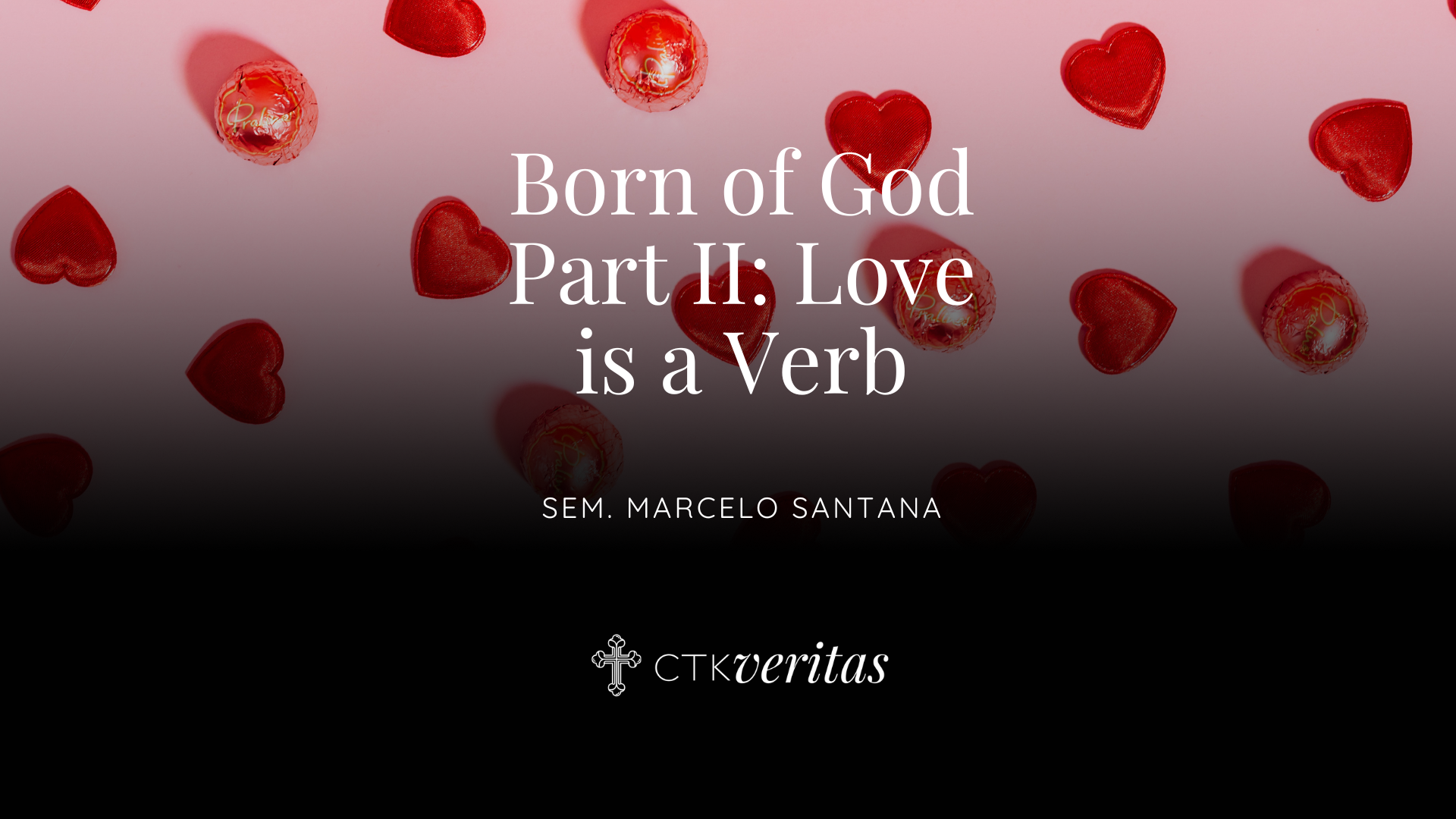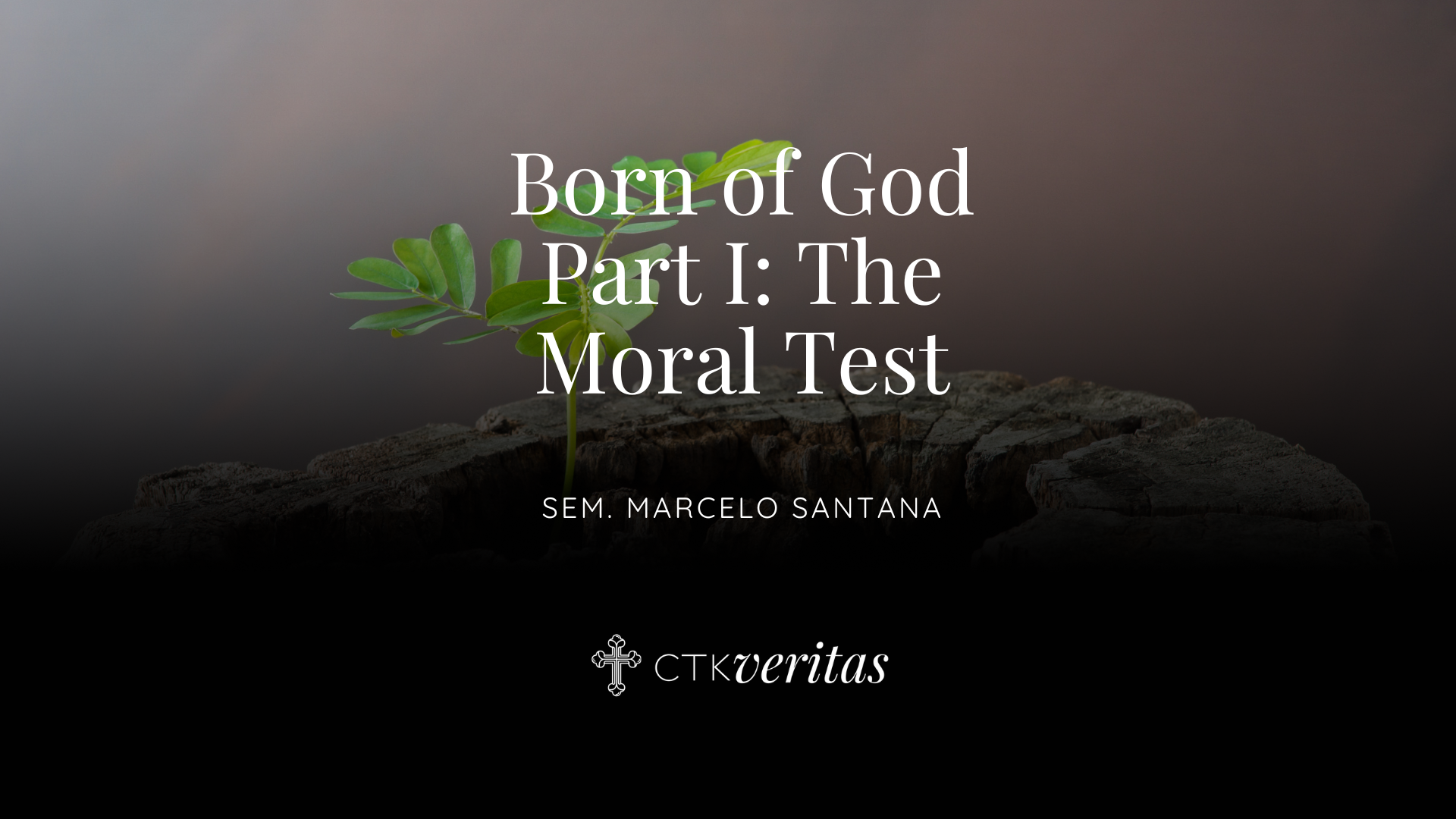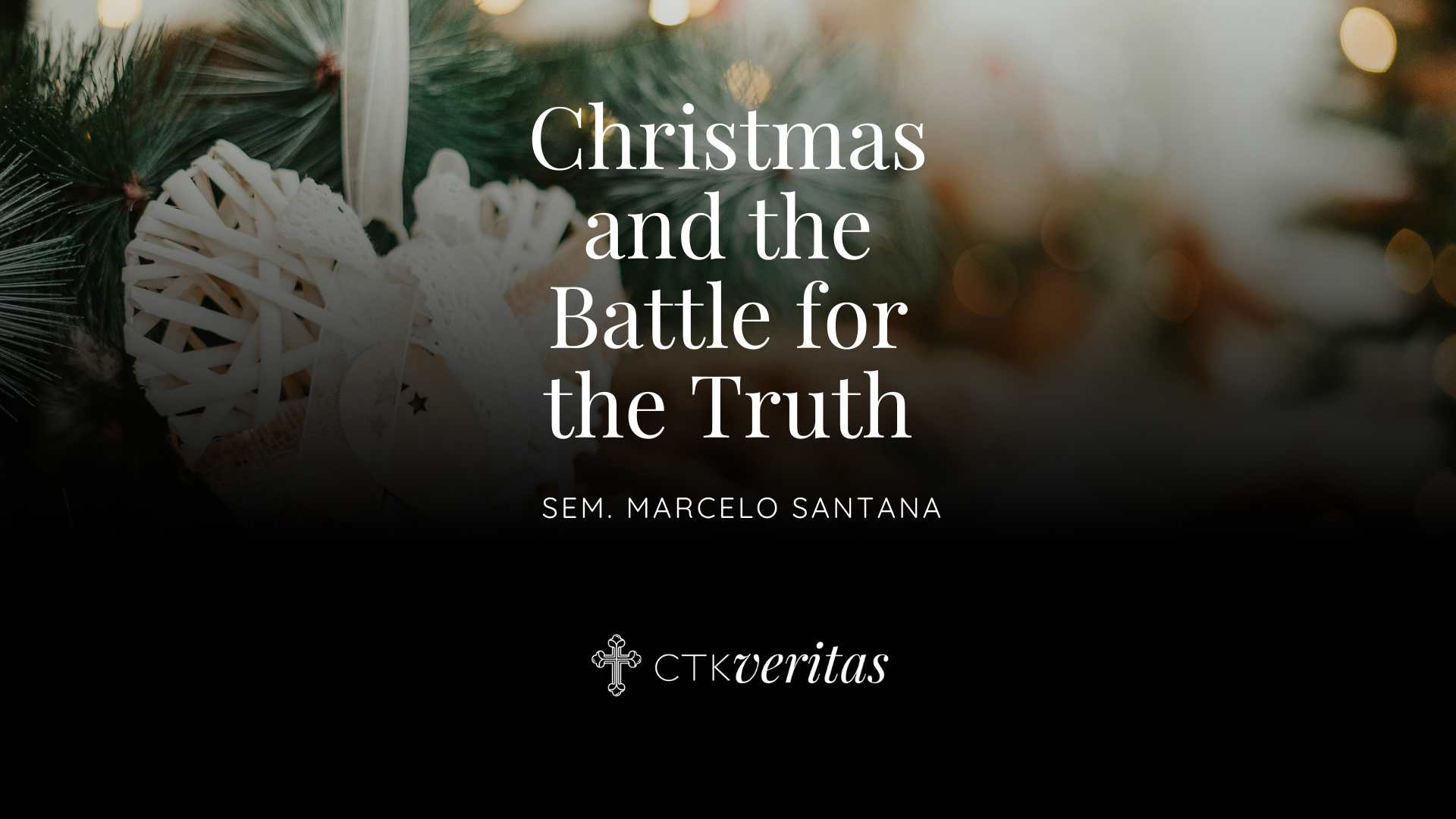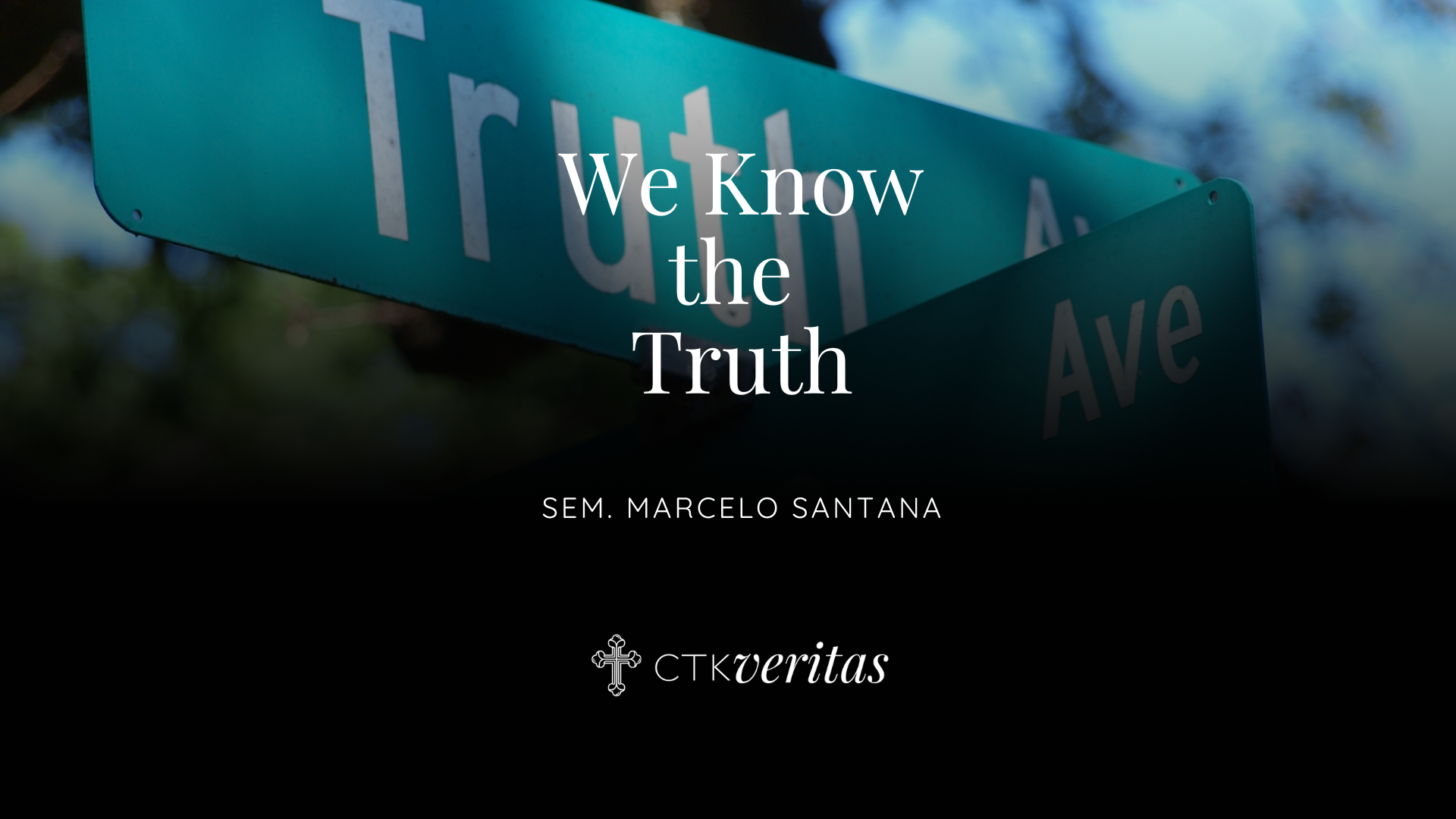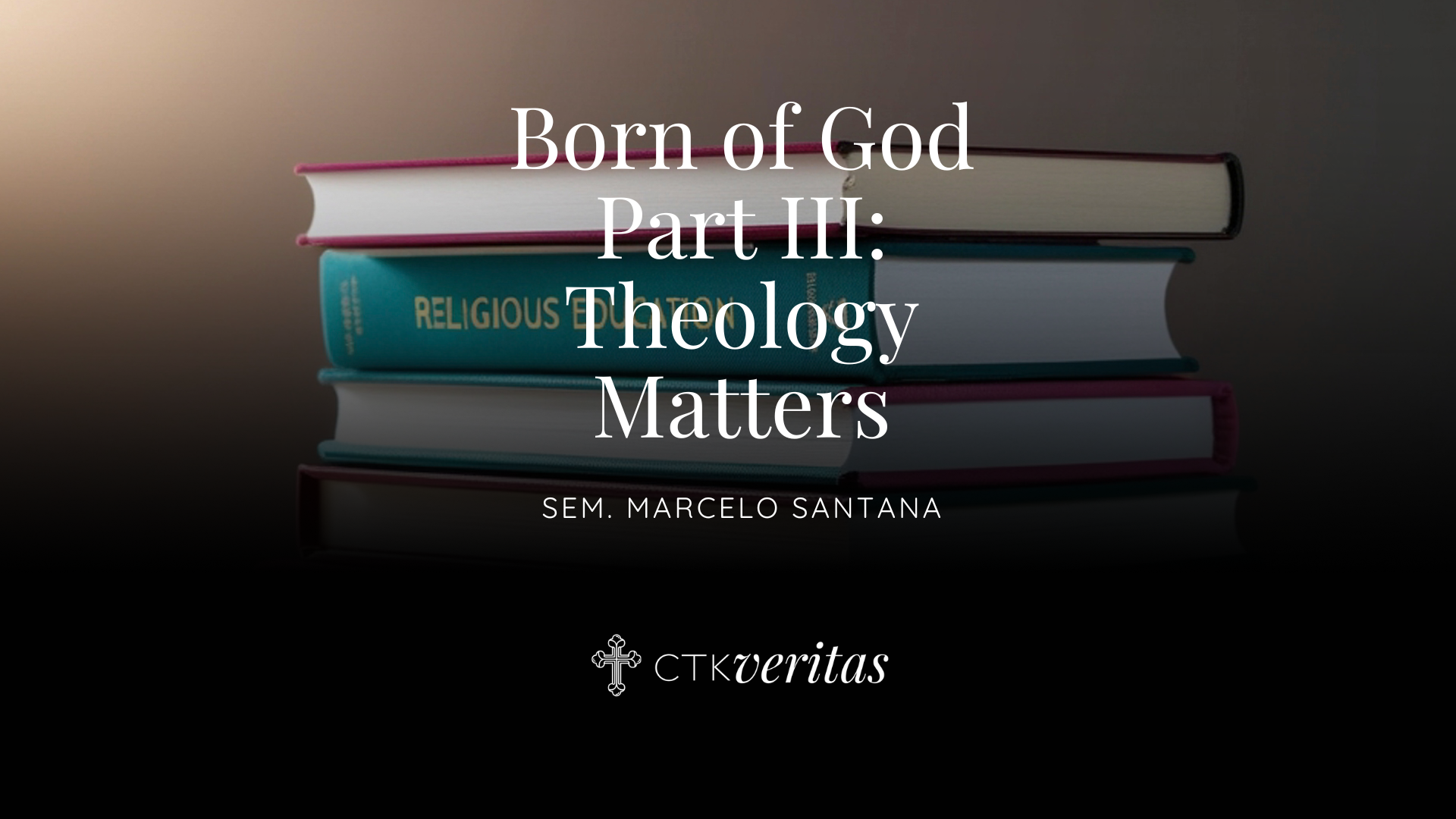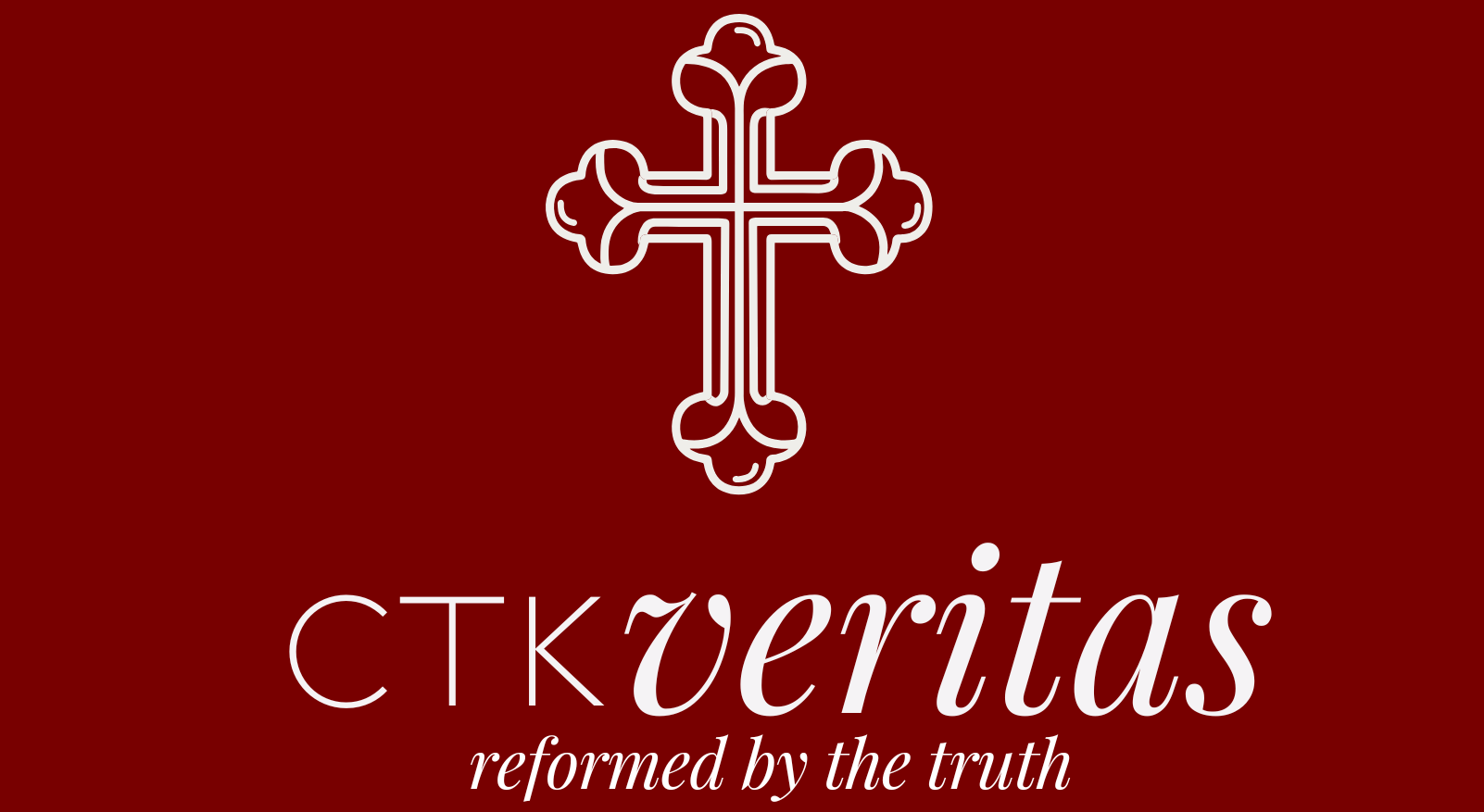The Book of Revelation Explained: Who Can Open the Scroll with Seven Seals?
In this sermon, discover the meaning of the Book of Revelation’s scroll with seven seals. Learn what it reveals about us, who the true hero of the story is—the Lamb of God, Jesus Christ, and how we should respond with worship, mission, and obedience.
Don’t Be Afraid of the Book of Revelation
When many Christians think about the Book of Revelation, fear rises. They picture frightening images: beasts, devils, and the dreaded mark of the beast (666). Some wonder: Will this mark be literal, written on our foreheads or arms? Or is it symbolic—representing the world shaping our thoughts and actions?
Because of these mysteries and symbols, many avoid Revelation. But here’s the truth: you don’t need to fear this book. It is the Word of God. And God never gave us His Word to terrify us but to strengthen us, guide us, and ultimately point us to Christ.
John’s Vision on Patmos
Revelation begins with John, the beloved disciple of Jesus, exiled on the island of Patmos. There, he receives a vision that transports him into heaven itself. He sees God seated on His throne, surrounded by angels and elders.
In God’s right hand is a scroll sealed with seven seals. A mighty angel cries out:
“Who is worthy to open the scroll and break its seals?”
The search extends to heaven, earth, and even under the earth—but no one is worthy.
John weeps bitterly. Why? Because that scroll contains the story of humanity, the future of God’s people and the fulfillment of His plan. If no one can open it, the hope of the persecuted church remains hidden.
Lesson 1: Who We Really Are
This moment reminds us of an uncomfortable truth: we are not worthy.
Without Christ, we are powerless and desperate, just like John in his vision. Scripture is clear:
- “All have sinned and fall short of the glory of God” (Romans 3:23).
- “Surely I was sinful at birth” (Psalm 51:5).
We are not the heroes of the story—we are the villains. Left to ourselves, we cannot open the scroll, and we cannot save ourselves.
Lesson 2: Who the Hero Is
But then comes the turning point. One of the elders tells John:
“Weep no more; behold, the Lion of the tribe of Judah, the Root of David, has conquered, so that He can open the scroll and its seven seals.”
John turns, expecting a lion. Instead, he sees a Lamb—the Lamb of God, standing as though slain.
This is the great twist of history: the Lion is the Lamb. Jesus Christ, crucified and risen, is the only One worthy to open the scroll. He is the true hero of Revelation, the Redeemer who secures our future.
Lesson 3: How We Must Respond
Every great story demands a response. When you read a powerful book or watch a life-changing movie, you share it. And the greatest story—the story of the Lamb who was slain—is too good to keep to ourselves.
Our response should be threefold:
1. Worship
The elders fall down before the Lamb, singing:
“Worthy are You to take the scroll and to open its seals, for You were slain, and by Your blood You ransomed people for God.”
Worship isn’t just singing. It’s living as if Jesus truly is worthy of everything—our hearts, our obedience, our lives.
2. Mission
This story must be told. We are called to proclaim the good news of Jesus Christ—the Lamb who takes away the sins of the world. Evangelism, invitation, discipleship: all flow from knowing the story is true.
3. Obedience
Jesus said: “If you love me, keep my commandments.” True love for Christ is shown in daily obedience, holy living, forgiving, showing grace, and walking in the Spirit.
Living the Story of the Lamb
The story of Revelation is not only to be studied—it is to be lived. Unlike the destructive loyalty of Harley Quinn to the Joker, our loyalty is to a Savior who is good, merciful, and holy.
So let me ask you:
- Are you living fully for Christ, not just 90% or 99%?
- Are there areas of your life you’re holding back?
The Lamb who was slain offers forgiveness and freedom today. He calls us to live for Him completely, proclaiming His story and obeying His Word.
And one day, all creation will join in the chorus:
“To Him who sits on the throne and to the Lamb be blessing and honor and glory and might forever and ever!” (Revelation 5:13)
Amen.
Recent Posts




